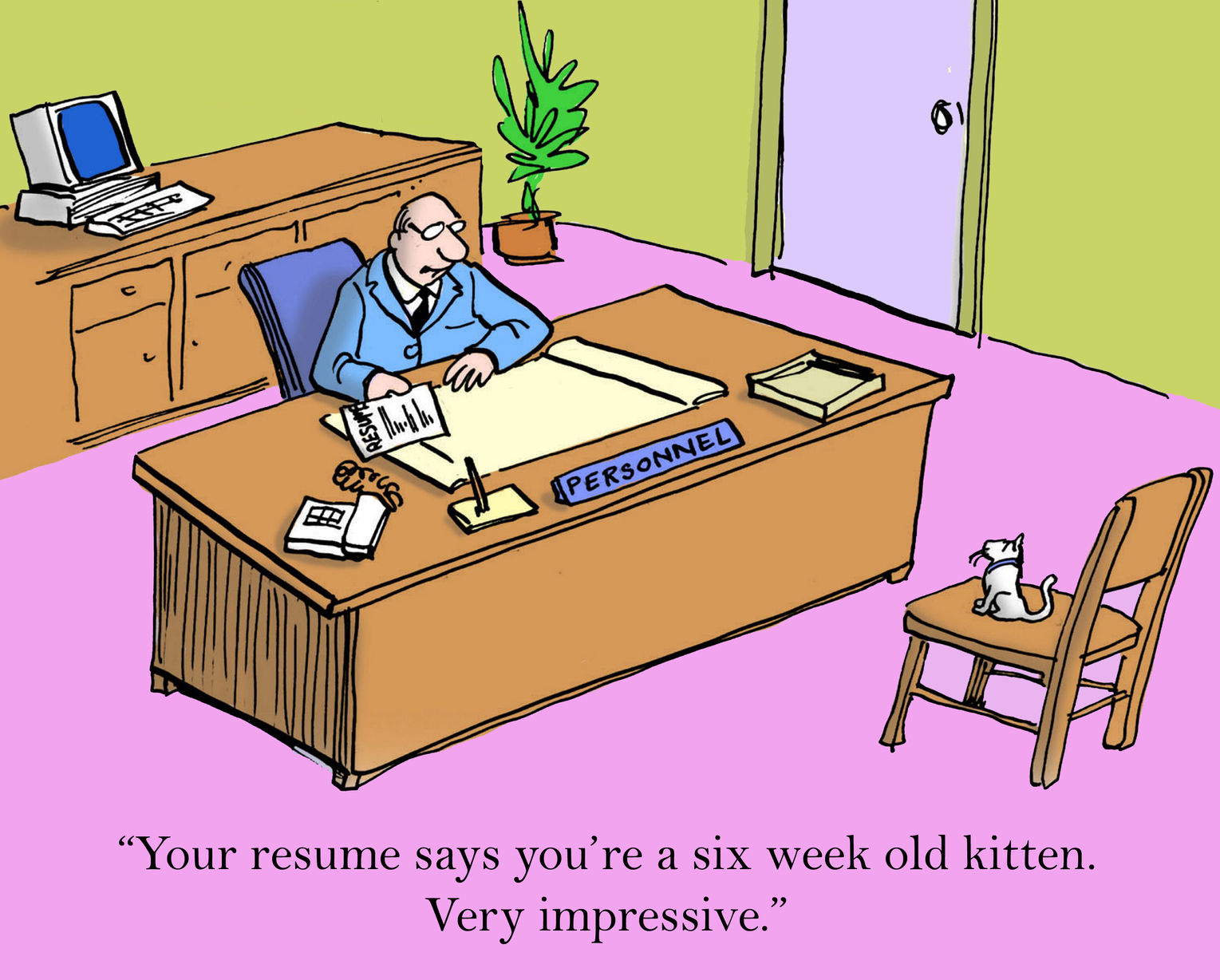WE’VE ALL been there — sending out our resumes to dozens if not hundreds of jobs, and we’re lucky enough if we make it to the next and hardest phase: the job interview. If you make it this far, congratulations — you’ve already managed to get past the initial step of securing some interest from the company/recruiter. But don’t start celebrating yet, either — this is the most important part of the process where you have to come face-to-face with your greatest fear: failure. And there will be plenty of times when you don’t get the job. But that’s not to discourage anyone at all. Quite the opposite, in fact.
It takes failure to ultimately reach success, and I like to look at job interviewing the way I look at dating. A date is like a job interview, where you put on your best outfit, try not to say something stupid, and you hope to impress the person you’re going out with — at least enough that they’ll want to call you back, and possibly go out with you again. Not every first date is going to lead to a second one and that’s okay. Ultimately you’ll find the right person who wants to go out with you again and again until ultimately you don’t need to date anymore.
The same goes for a job interview. You keep going out on interviews until you find the company that wants to hire you and offer you a full-time salary with benefits, then no more interviews after that. But for those of you who are actively interviewing, it can be extremely nerve-wracking when you think you did really well but you haven’t heard back from the last interviewer, or you walk out and think you did a terrible job in your interview and you’re just trying to recover from your horrible experience.
Here are some positive signs to look out for the next time you’re in an interview in case you’re wondering whether or not you’re on the right track to success:
Length
How long was your interview? Did you feel like you were rushed or the interviewer was in a hurry to get you out of there? Not that your interview needs to run an hour long, but if it lasts longer than 15 minutes, that shows your interviewer was interested in hearing what you had to say and wanted to get to know you on a deeper level.
Engagement
Body language and how your interviewer responds to you are telltale signs that you’re doing well (or not). If they’re facing you, giving you adequate attention and eye contact as opposed to fiddling with their phone, looking up at the ceiling or just giving off the vibe that they’re disinterested or bored, it’s a sure sign that they’re at least somewhat interested in you.
Future Talk
When your interviewer talks hypothetically about “if” or “when you work here,” it’s a sign that they’re already imagining you in the role. If they ask how you would handle certain situations while working there or they drop hints like “Our holiday parties are a lot of fun” or “everyone here is extremely nice and easy to get along with,” that’s also a positive sign because they’re trying to gauge your interest and sell the company to you.
Introductions
If an interviewer shows you around the office and takes you to various departments, introducing you to other people at the office, it’s a sign that they think you’re a qualified candidate and want to see what the others think of you and watch how you interact with your potential future coworkers. Don’t assume, though, that you’ve got the job simply because this happens. It’s a step in the right direction but it’s no guarantee either.
Job Details
When topics like salary, benefits, as well as questions about when you would be available to start come up, that’s a great sign that you’re a step closer to landing the job or a least securing another interview. Interviewers aren’t going to waste their time telling candidates that they don’t want to hire about the perks offered at the job, and by asking when you are available to start means that they’re trying to plan out the next step.
Follow-Up
Usually the interviewer will let you know at the end of the interview what to expect. “We’re looking to hire in the next two weeks” or “We’ll get back to you in the next few days” are good signs that they’re looking to hire soon and they plan to keep you updated because you’re in the running. Phrases like “We’re still interviewing potential candidates” and “We’re not in a rush to fill this role” are usually things they say when they don’t want you to get too hopeful about the position because, in their mind, you’re not right for the role.
Just remember that you can only do so much, and as long as you go in with the right attitude and qualifications, you’ll eventually land the job that’s right for you. Take each failed interview as an attempt to improve and better yourself, just like you would with a failed relationship. Eventually you’ll land the job that’s right for you and ultimately, the less-than-good interviews you did will eventually fade away and out of your memory.

















